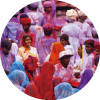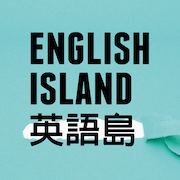
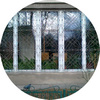
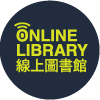




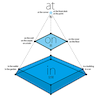

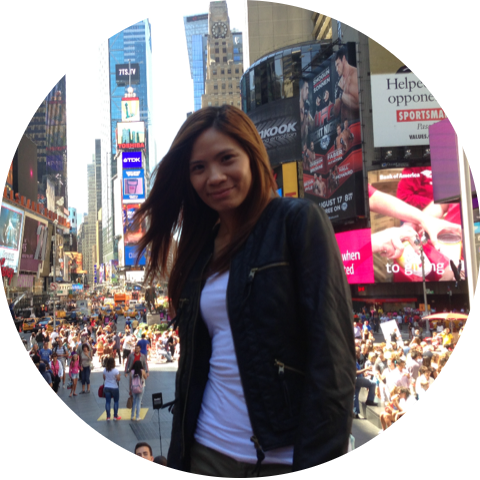


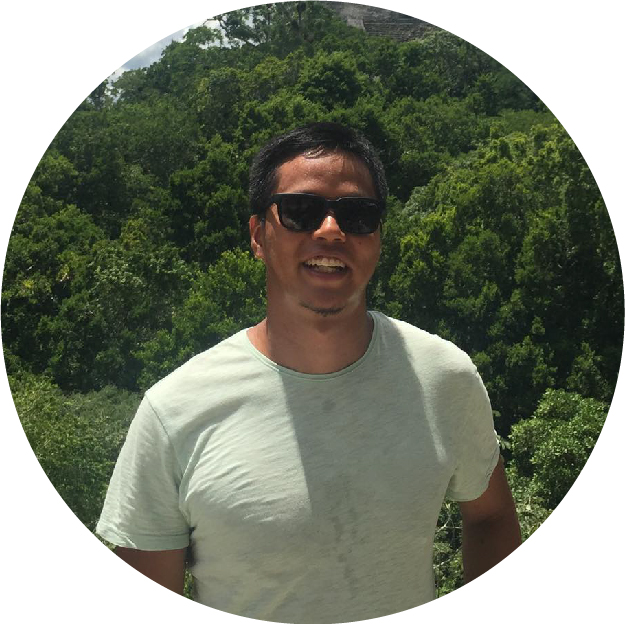

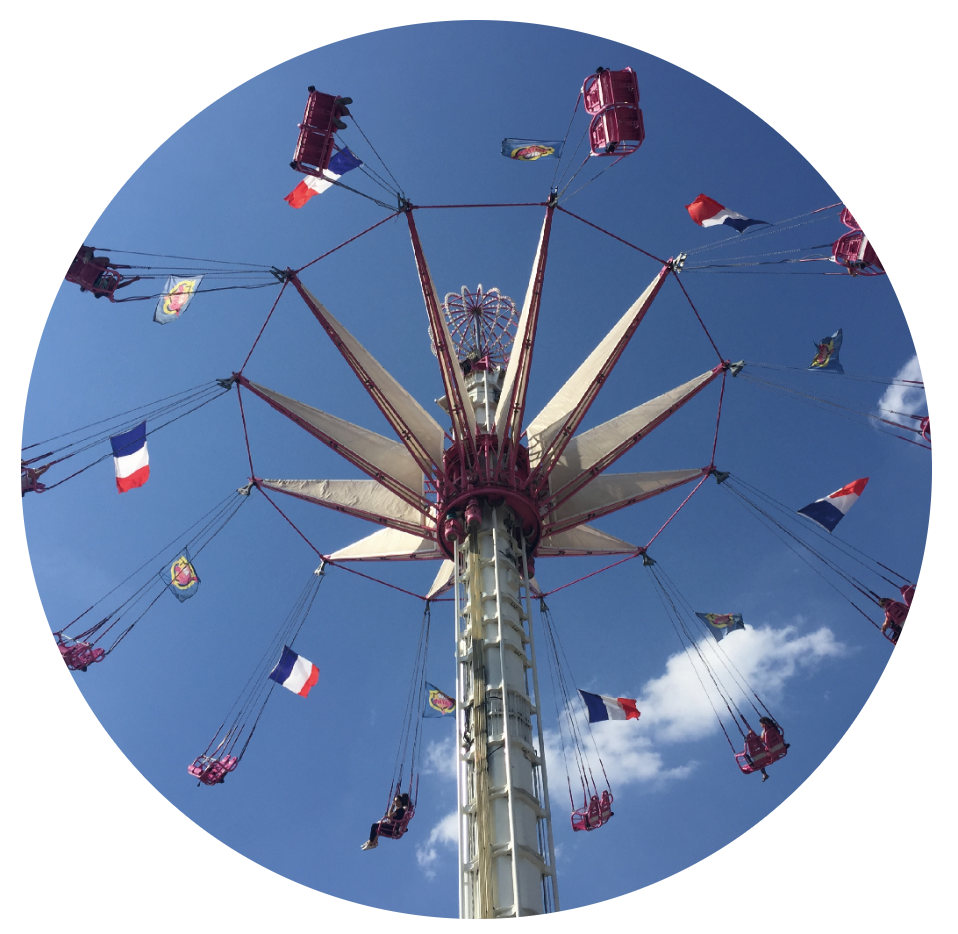



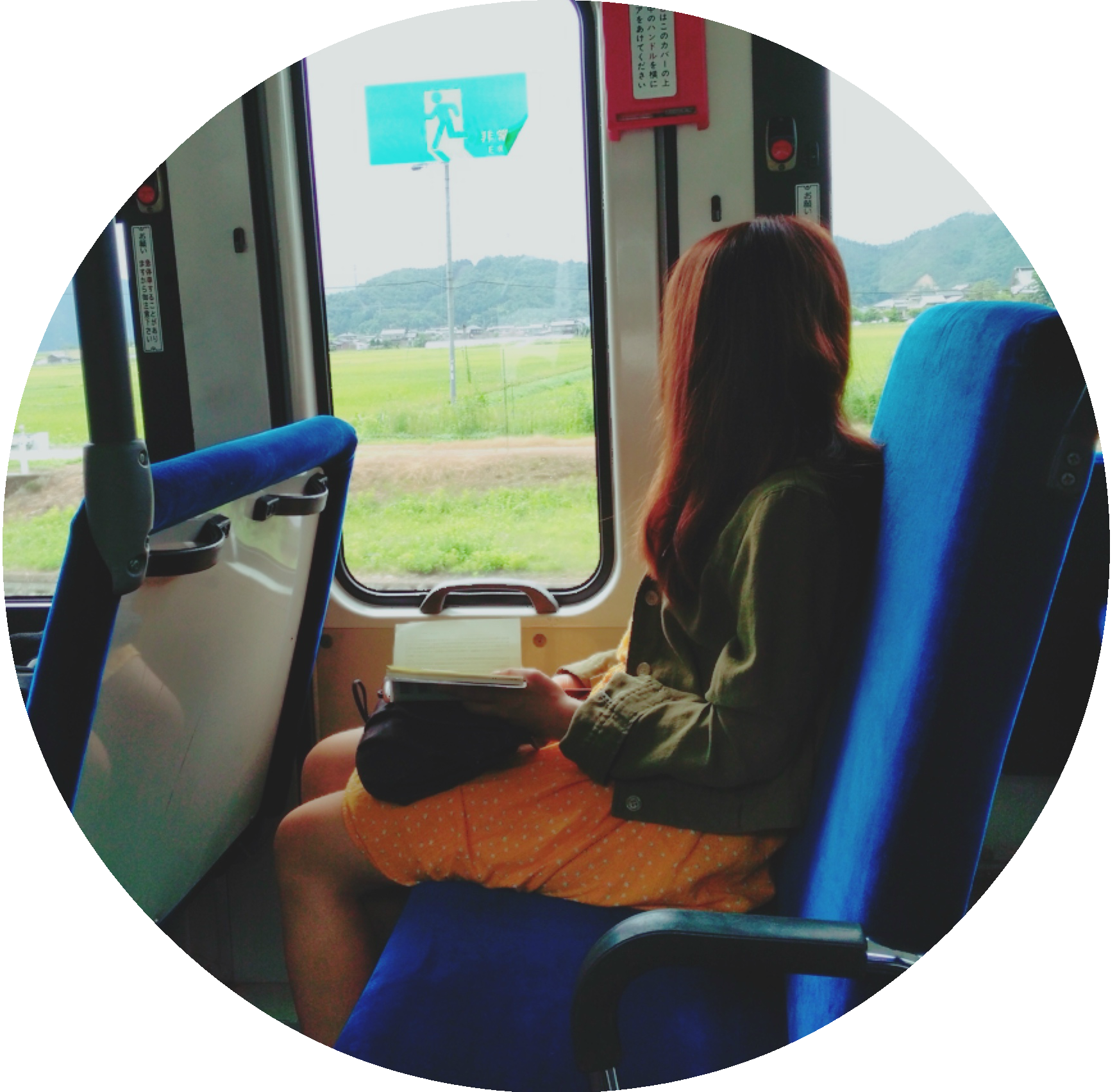
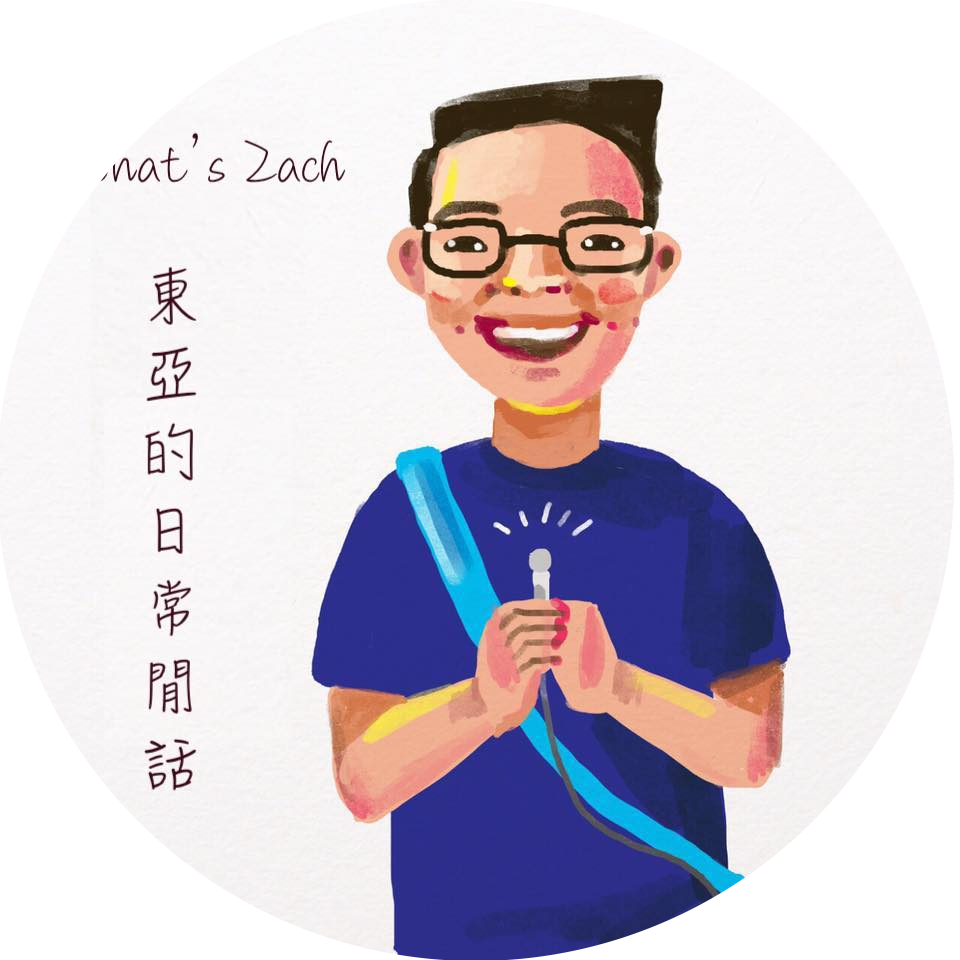

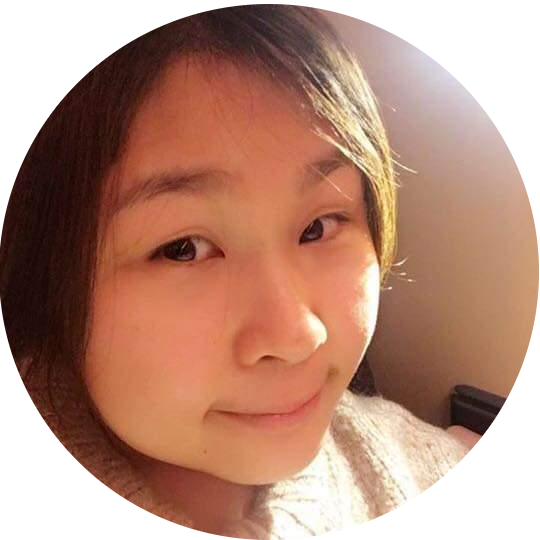

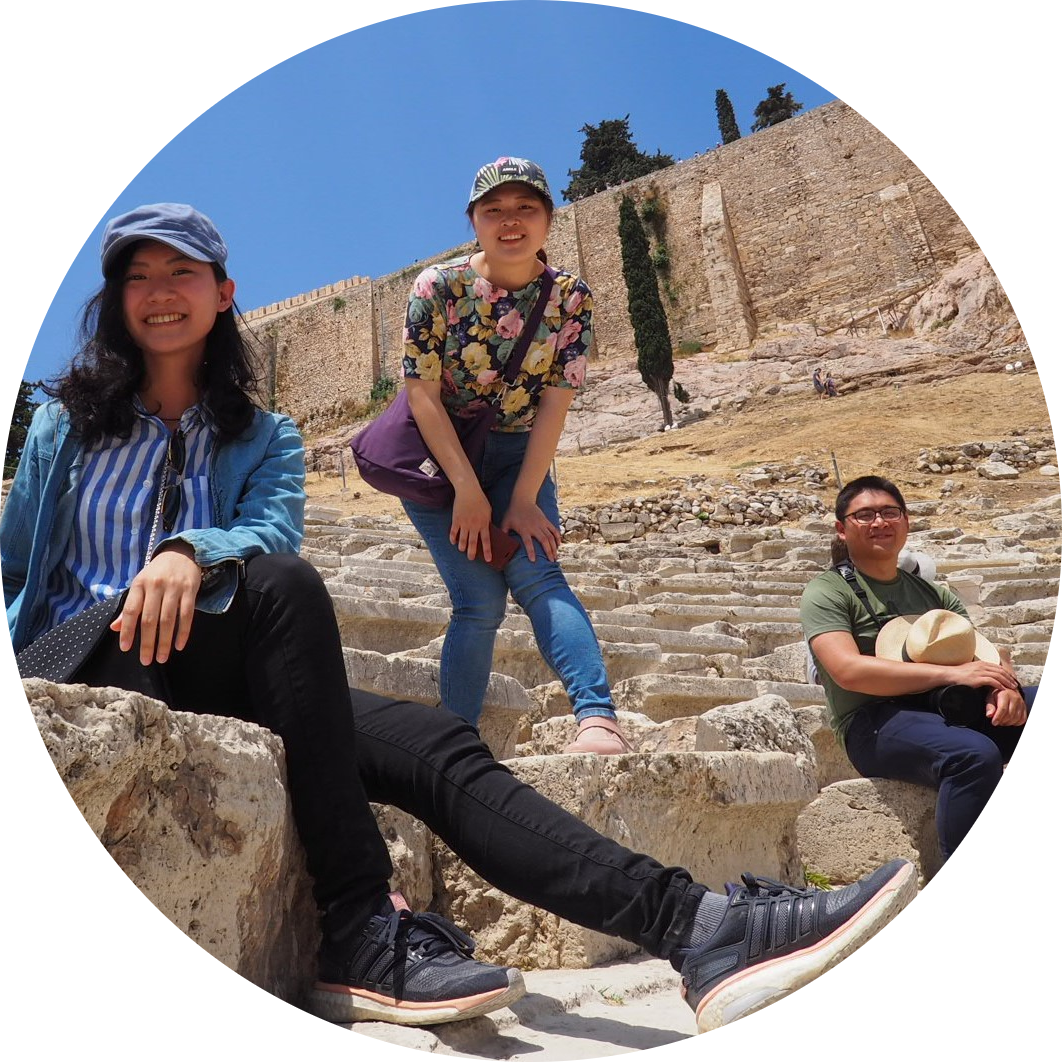


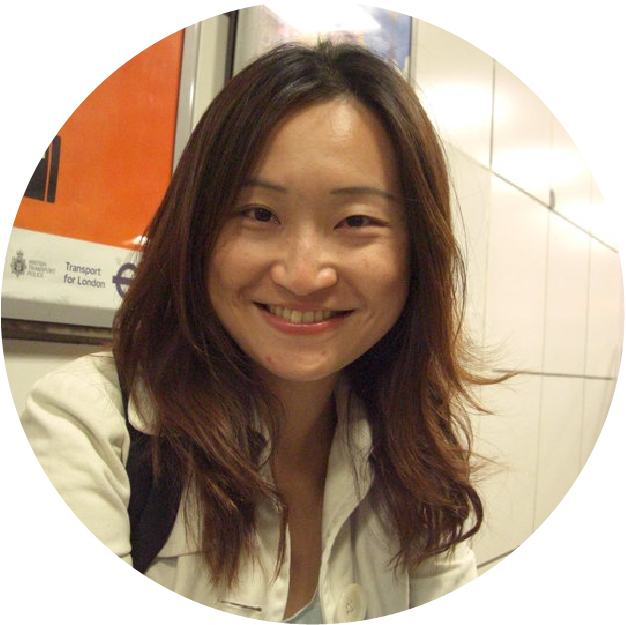



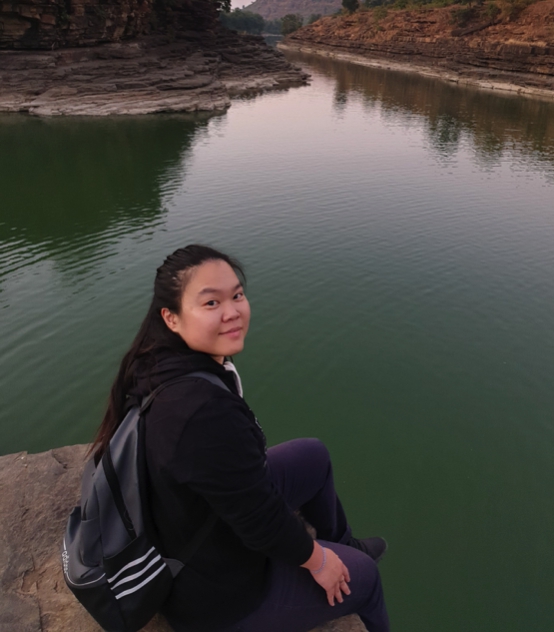
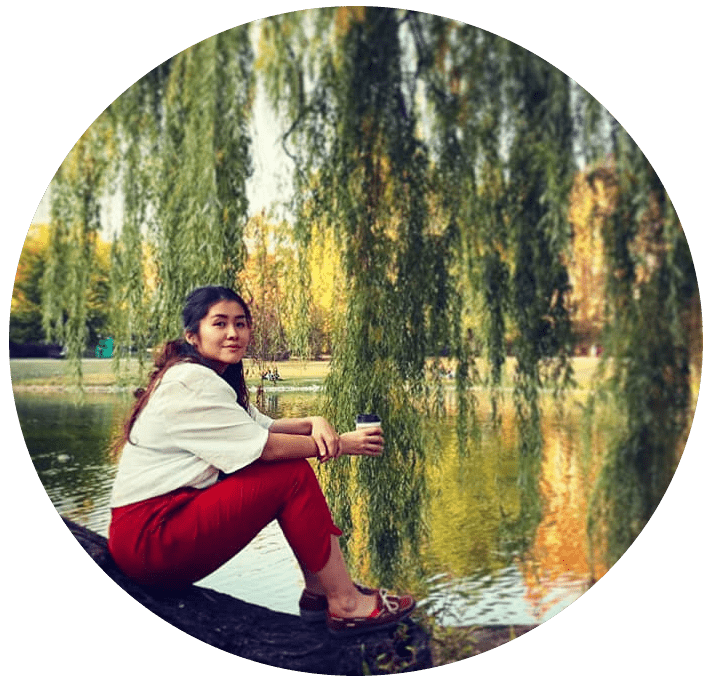
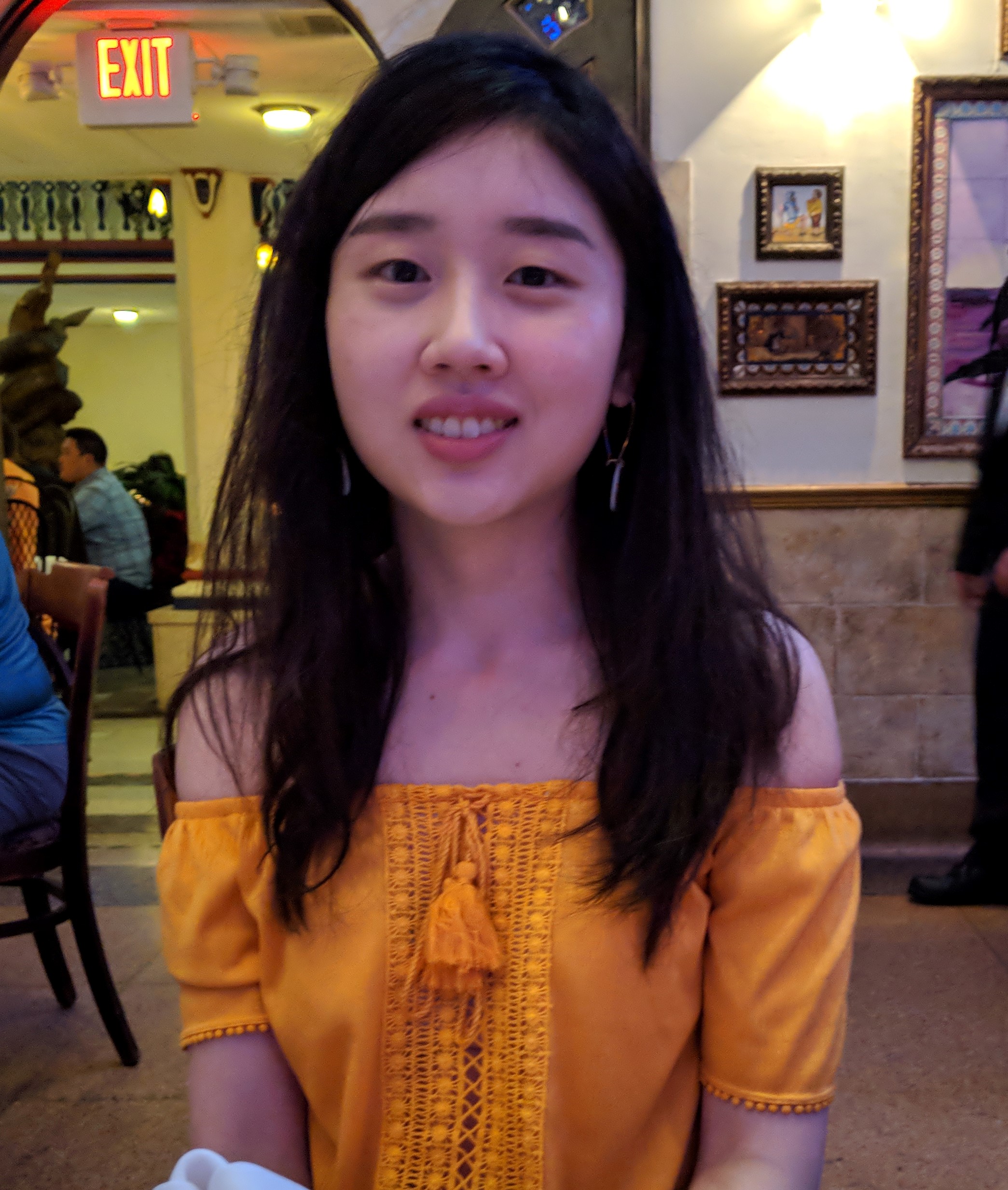

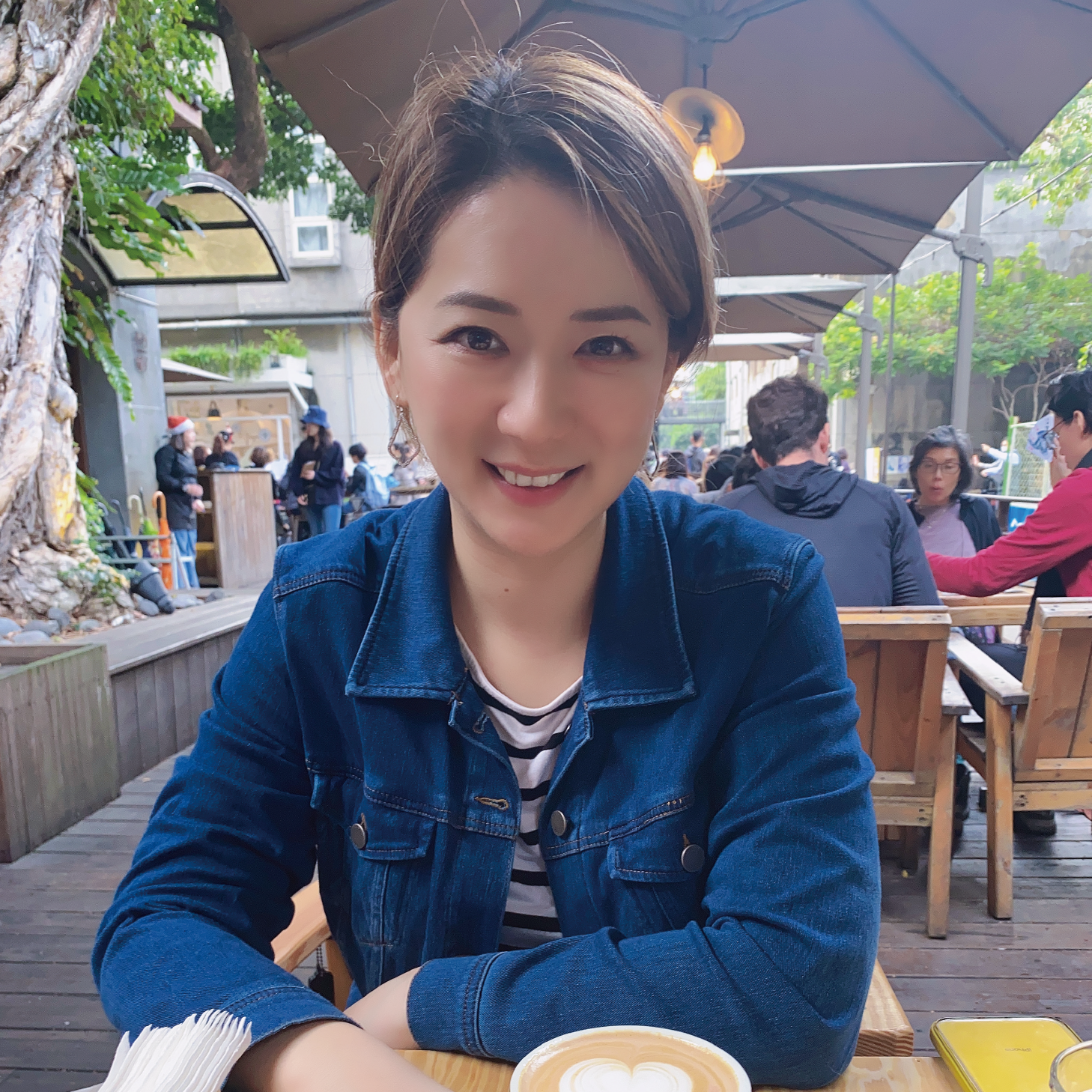


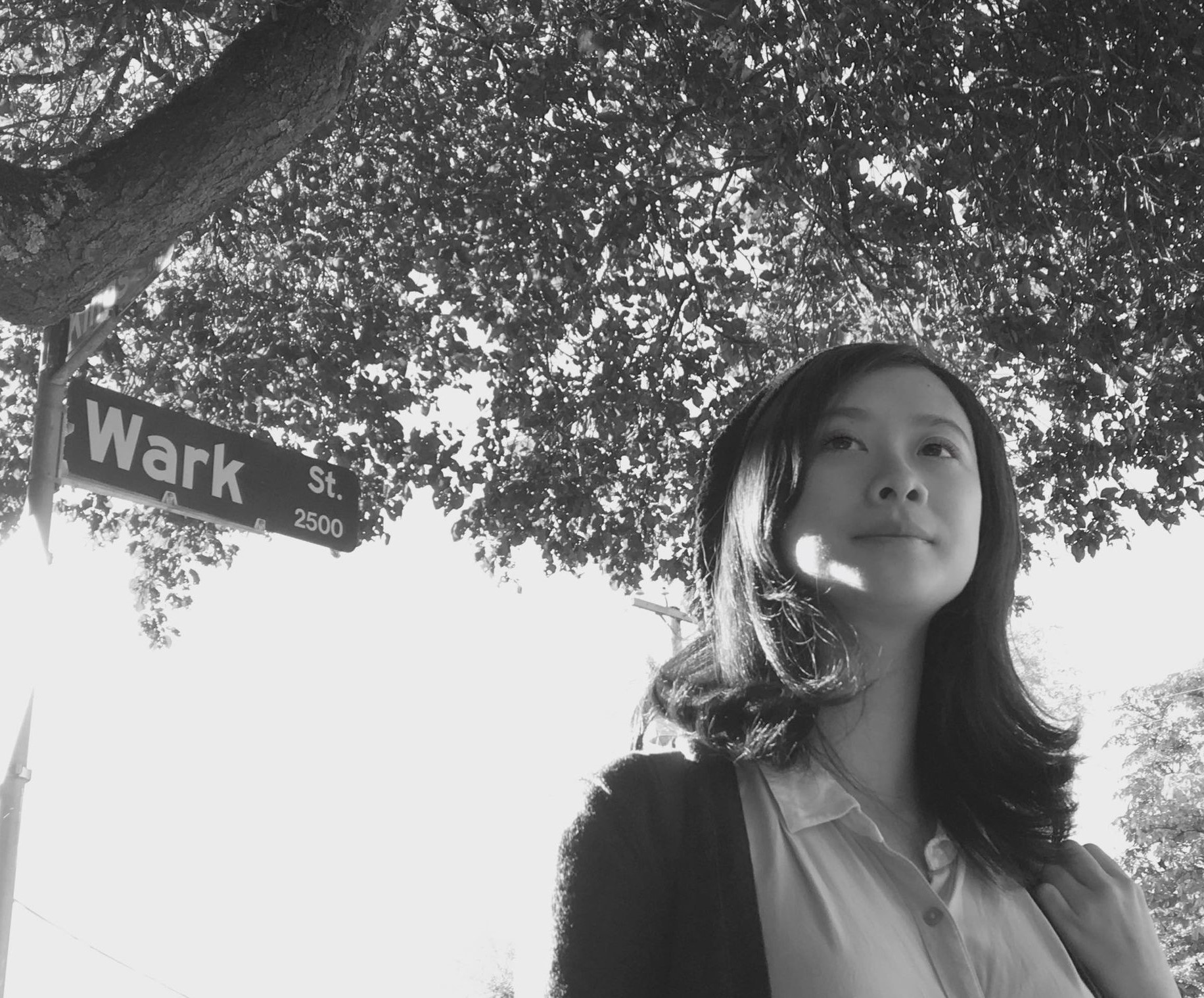
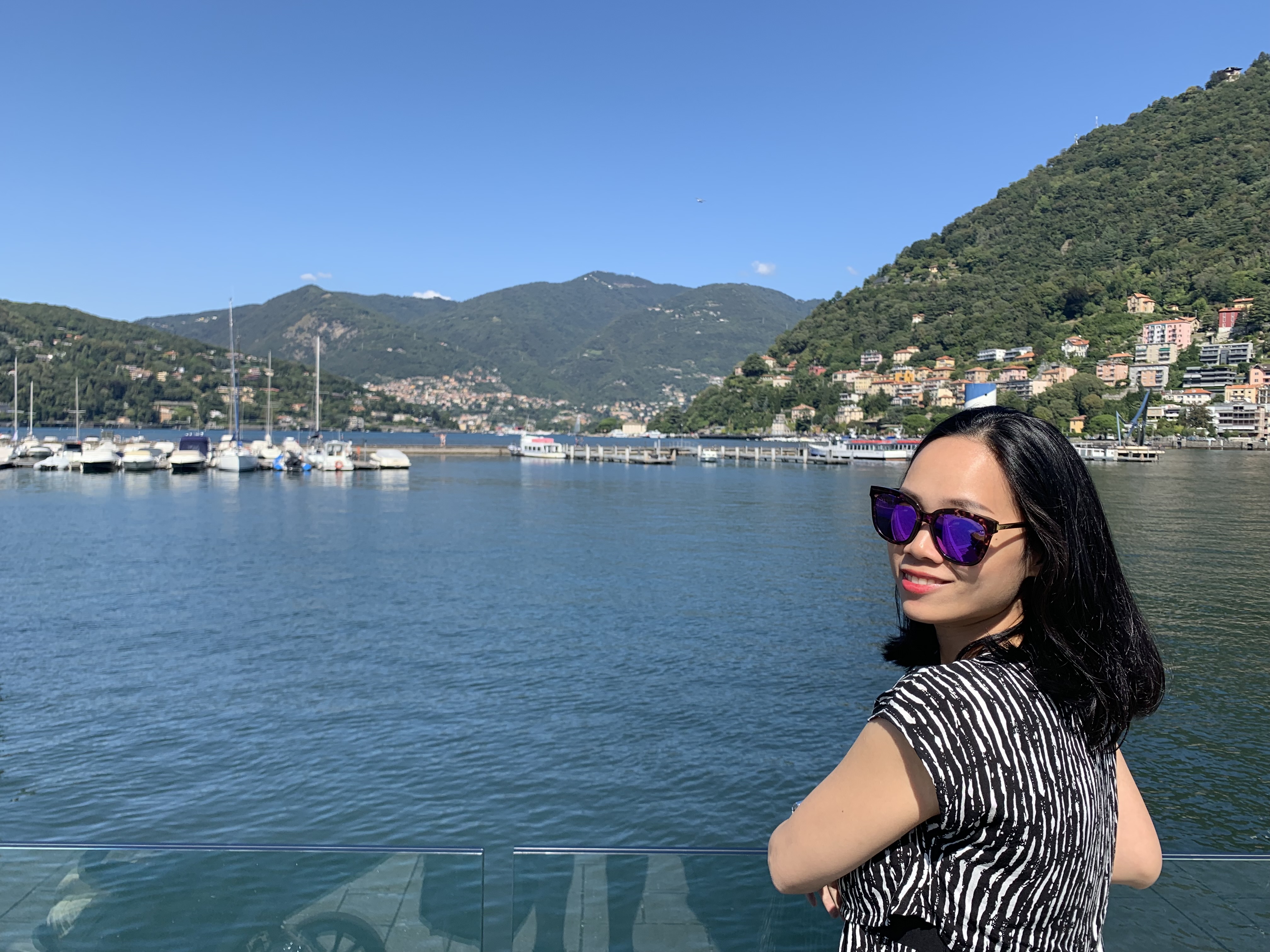
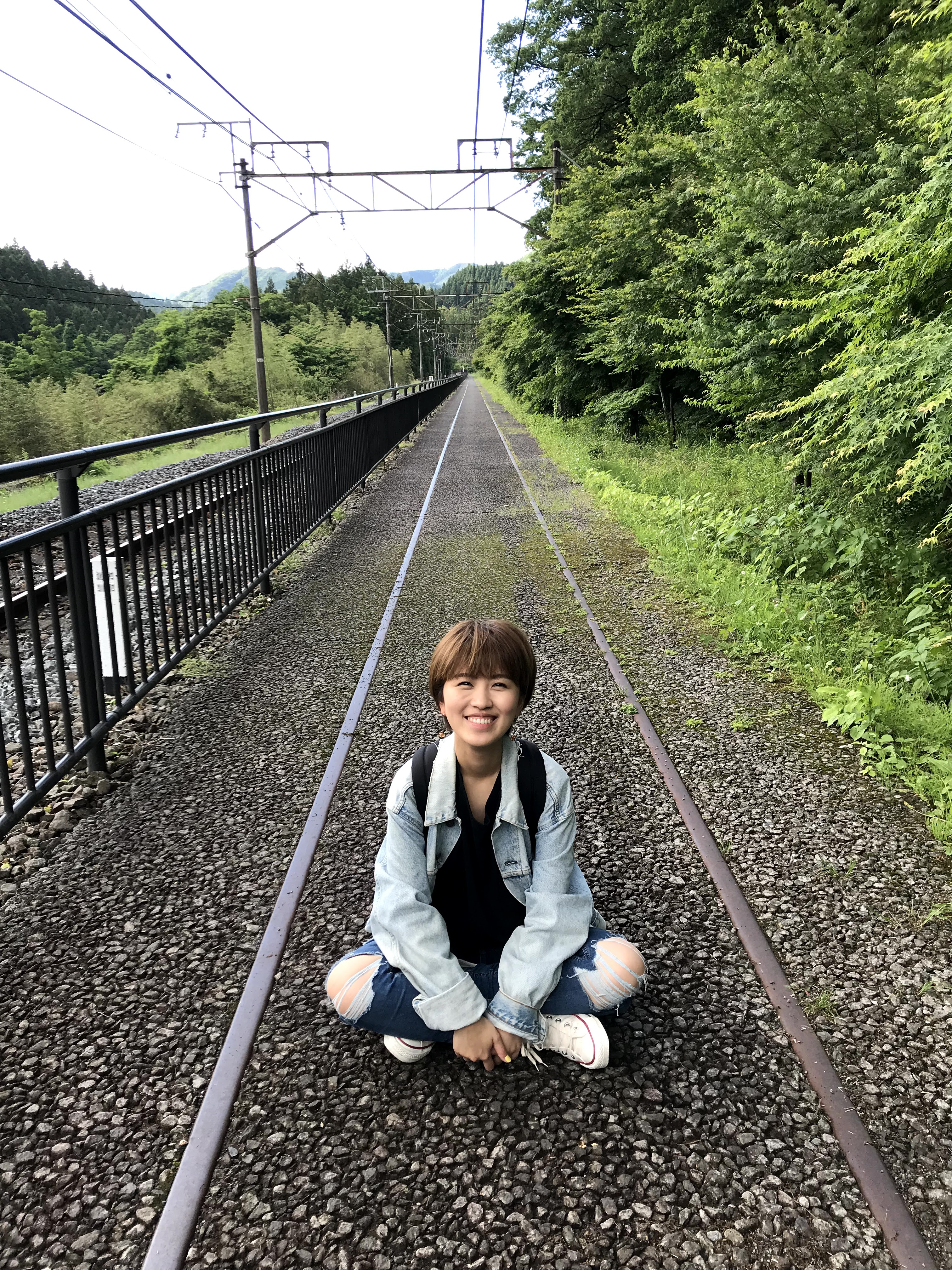


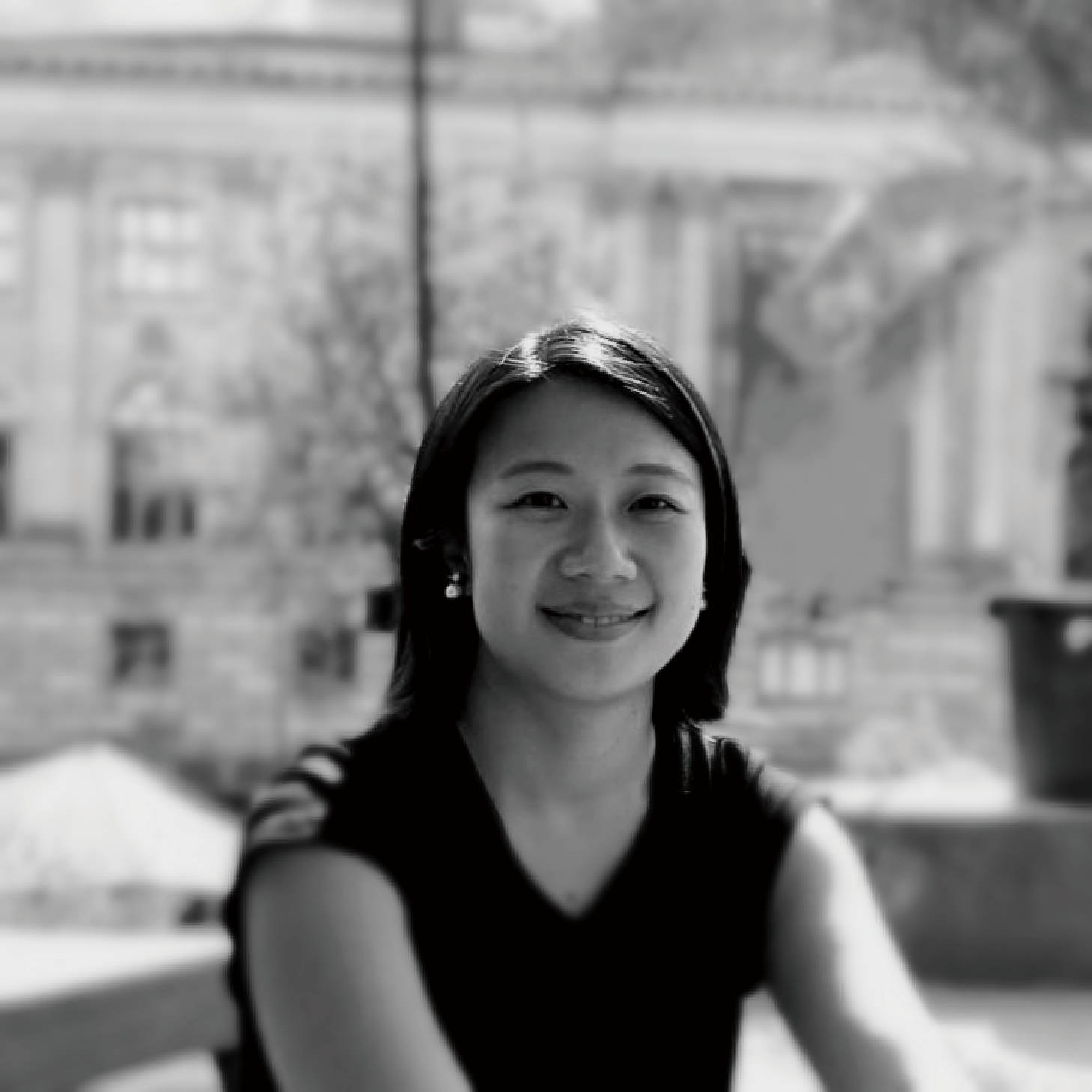
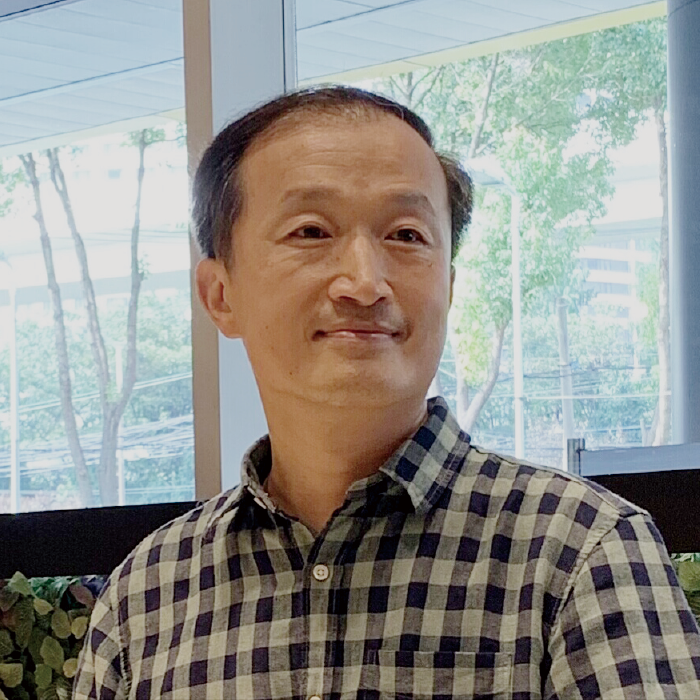



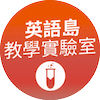


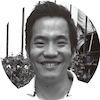




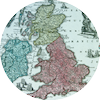

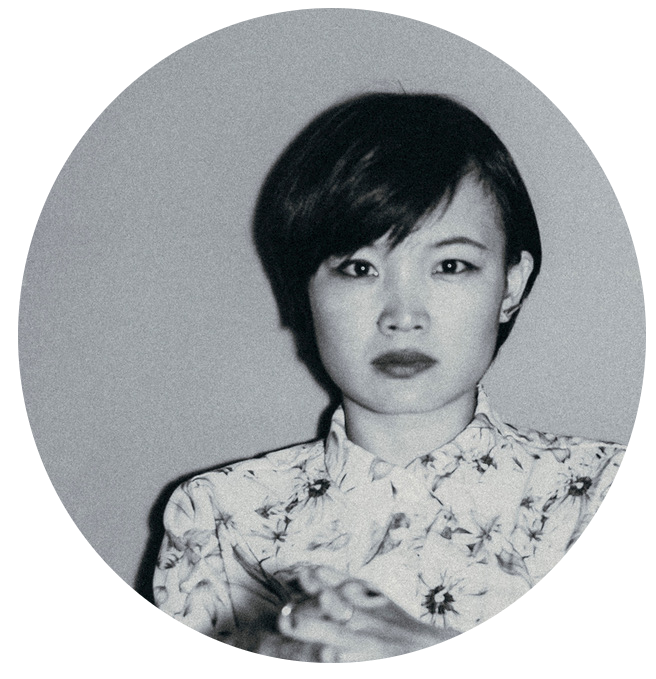



The Irony of Tourism 觀光只是「二手旅行」
文/William Blythe
2007: 雲南-香港-桃園-夜市
Before visiting Taiwan for the first time in the summer of 2007, I wasin China learningMandarin and travelling. There were still no direct flights connecting Taiwan to the mainland, so from a remote corner of Yunnan province I took a night bus, a night train, a plane and a boat to Hong Kong, followed by another plane to Taoyuan. When I arrived at the hostel I was famished and set out immediately into the night market in search of some grub. The bistro that I stumbled acrosswas packed with people, but there was no waiter in sight. At the time, I prided myself on my mastery of Chinese table etiquette. Approaching something like full volume Iyelled 「服務員兒!點菜!」The room plunged into silence. All heads turned to look at me in a saturated state of alarm, amusement and contempt. Instinctively, Ishielded my face with the menu.What did I do wrong, I muttered to myself, isn’t that how you order here?
2015: 台北滿城陸客
I wonder if Taiwan's dining public would still be so shocked at a similar scene today. That summer, you would have been hard pressed to find a Chinese national between Jilong and Kending, but following Ma Yingjiu's pinup election campaign, Chinese tour groups began to trickle in. Now you can barely swing a dead cat in central Taipei without hitting a Beijinger. You often hear of flash floods. What Taiwan has experienced is flash tourism. Never has a country made such a hurried acquaintance with the 'package tour.’
第一號旅行團:浸信會
Like many other dubious wonders of the modern world, the package tour was a British invention.Thomas Cook, its brainchild, was born into a Baptist family of modest means in the north of England in 1808. As a boy, he was forced to forgo his studies to help earn the family bread, selling vegetables and apprenticing under an alcoholic carpenter. Fired by religious belief, Cook became convinced of the necessity of reducing alcoholism among the working classes. As an adult, he became an itinerant Baptist preacher and organized large-scale demonstrations to protest against the abuse of alcohol. In 1841, he led a band of over five hundred activists on a short trip to Loughborough to attend a rally. Cook negotiated with the railway company to bring down the price of the ticket to one shilling per person. In doing so, he formed the first mass travel group in history. Encouraged by the success of the event, Cook went on to organise excursions further afield, in Liverpool and Scotland. In 1855, the first package tour group visited the European continent. In 1866 the first trip to America took place and in 1872 the first world tour. Today, Thomas Cookoperates package tours in all mentally conceivable destinations and a few others too. The irony is that mass tourism, which represents one of the most decadent and excessive aspects of modern society, had such profoundly religious and socially progressive origins.
徐志摩輕輕的走,觀光客重量級登場
Irony seems to follow wherever tourism goes. I spent four years as a student in the notoriously touristy town of Cambridge. The visitors came for good reasons. Apart from the architectural interest of the colleges, there was the adventure of tracking down the haunts of illustrious alumni. Was that the apple tree under which Newton was conked on the head? Was that the lawn on which Lord Byron tethered his pet bear? In which room did Wittgenstein wield the hot poker at Popper? Chinese tourists, however, are generally interested in another alumnus, whose lines 「輕輕的我走了,正如我輕輕的來/我輕輕的招手,作別西天的雲彩」seem to be gaining in immortality. The university, like all charitable institutions, is eager to earn money. Xu Zhimo's former college therefore decided to erect a plaque on its grounds, inscribed with the above couplet. Tourists are charged for entry. My dormitory lay just across the road from said plaque. Each morning, I would get up to walk over the river Cam (那河畔的金柳,是夕陽中的新娘/波光裡的豔影,在我的心頭盪漾!) and see thefirst of the mega buses haulingdown the road. Throughout the day, Chinese tour groups would swarm into the college grounds, photograph the plaque and then swarm back out, oblivious to the irony of executing an en mass, raucous pilgrimage to the poetwho arrived and left Cambridge so quietly.
I cannot, however, blame them, as I am myself a considerable tourist. I have taken innumerable package tours and enjoyed myself more than almost anyone on the bus. I have been impossibly bored at museums and important historical monuments in multiple countries. I have eaten KFC and McDonalds to the neglect of the indigenous cuisine. I have talked English loudly to people who didn't understand. I have bought trashy plastic models of the Eifel tower and T-shirts with a picture of the empire state building on them. I have complained and fumed at locals because they simply did things differently.
Should I feel guilty? Mass tourism has brought prosperity to many beautiful but formerly impoverished corners of the earth. It forms an integral part of the global economy. What is more, why stand in the way of progress? Flights are getting cheaper and tourism is going into outer space. Soon we'll be having breakfast in Melbourne, lunch in Tokyo and dinner in Paris.
Isn't moving around in vast numbers fun?!
在自己的城市淪為觀光客
It's not the new airplanes that deliver us to exotic beaches at greater speed and comfort that should worry us, but the danger thatour supreme cultural indifference might carry over into our daily lives. It's possible to be a tourist in your own city, on your own street, leading a life that adds up to no more than a mortal package tour. What does it essentially mean to be a tourist? It means to experience the world second hand, through the medium of commercial transactions.We love to lecture on the importance of cross-cultural exchange and understanding, butmost people don’t even communicate effectively with their next-door neighbour.Laozi was right when he said that we could「不出戶,知天下」, not because cable TV and the internet have made it possible, but because each home is a world in itself and if we can't first understand our own, then there's no hope in our understanding anyone else's.■
本文收錄於英語島English Island 2015年4月號
訂閱雜誌
| 加入Line好友 | 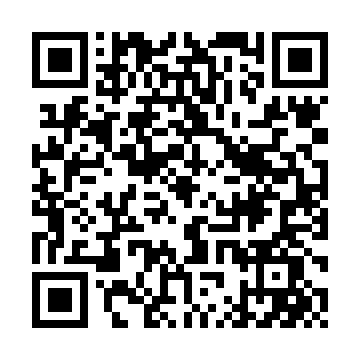 |
 -- 作者:William Blythe
-- 作者:William BlytheWhen younger, I was under the false but not altogether unpleasant impression that I was different. Naturally, it was also vital that I should study something extraordinary at university. Back then, China was not the celebrity of the front pages that it is now, and Mandarin was studied mainly by eccentrics. I was, or so I thought, more than qualified for the task.
Much of the next ten years I spent studying and working abroad; first in France, then China, followed by Taiwan and Germany. Having tried for so long to be different, as a foreigner, I had to do my best to be the opposite. There was some sadness in this. My ego and a few old friends were offended. But living in different culture is, I've found, more interesting than trying to be different.

 擔心生理健康,心理卻出問題?
擔心生理健康,心理卻出問題?


